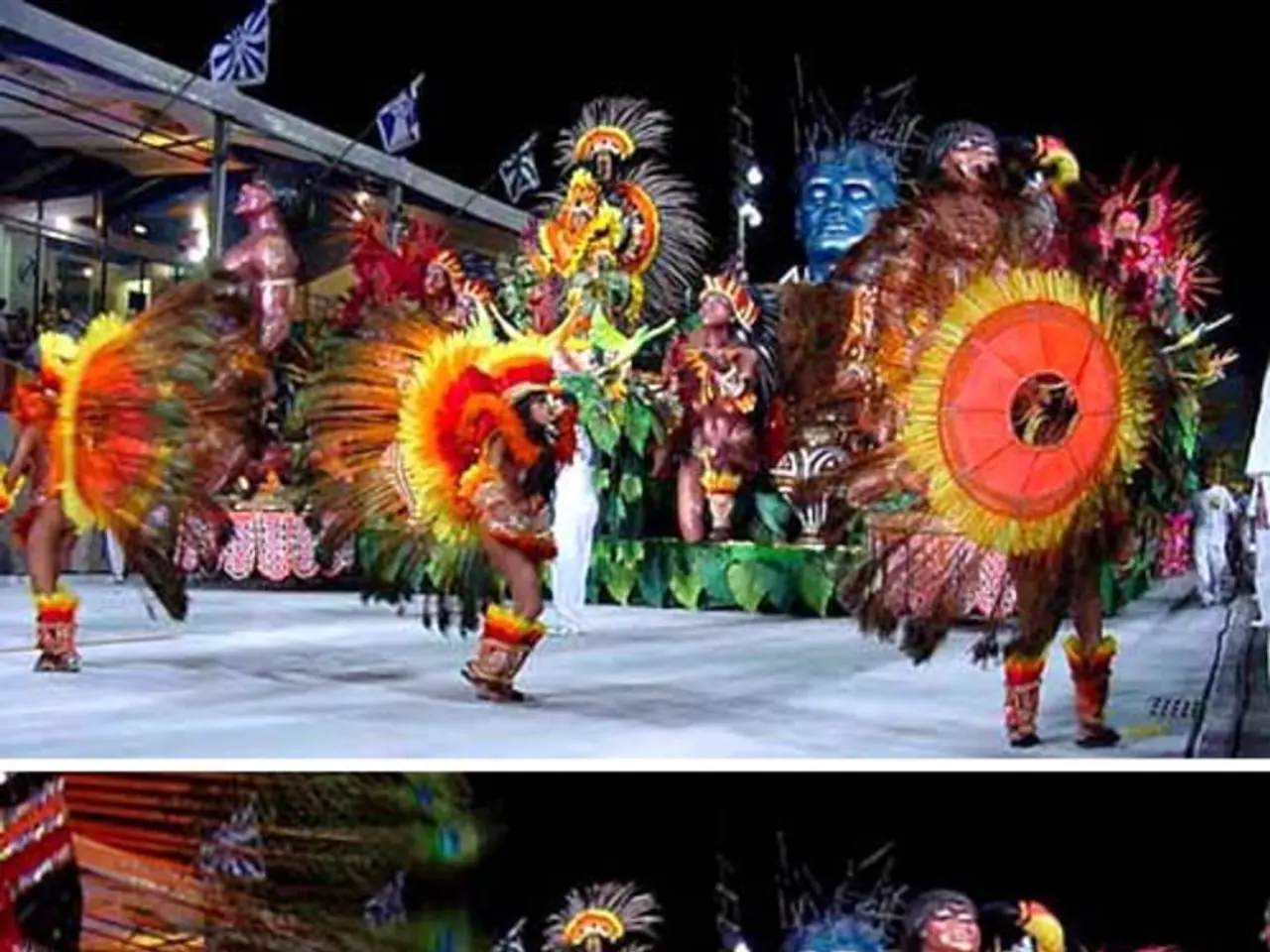Uprising and Creation
In the early Soviet Union, artistic possibilities and freedoms were vast, with numerous grassroots initiatives and mass mobilizations. This period was a time of great creativity, and one composer who thrived in this environment was Dmitri Shostakovich.
Born in St. Petersburg, Shostakovich was a product of the Russian Revolution, his sympathies clearly aligned with the Bolshevik Soviet Union. He stated that "the Revolution," the ten months from February to November 1917, made him a composer: "That may sound exaggerated - but from then on, at least, I felt called to compose."
Shostakovich's music would go on to captivate the world, none more so than his Seventh Symphony, also known as the "Leningrad" Symphony. Composed during the 900-day siege of Leningrad by the German Wehrmacht, the symphony was a global sensation and a morale-booster during a war where the Soviet Union and the US were fighting against the fascist German Reich. The symphony, dedicated "to our struggle against fascism, our inevitable victory over the enemy, and Leningrad, my hometown," was awarded the Stalin Prize.
However, Shostakovich's relationship with Stalin was complex and fraught with fear, coercion, and artistic suppression. Stalin personally disapproved of Shostakovich's opera Lady Macbeth of Mtsensk after attending a performance, leading to a public denunciation in the official Soviet press and a significant career setback for Shostakovich. This incident illustrates a relationship shaped by Stalin's direct or indirect censorship and control over artistic expression.
Under Stalin's regime, music was expected to align with Soviet ideals, favouring straightforward, accessible styles and condemning avant-garde works. Shostakovich was forced to compose works that superficially satisfied regime expectations, such as his Symphony No. 5, which was publicly described as a "Soviet artist's reply to just criticism." Despite outward compliance, Shostakovich secretly composed more personal, sometimes subversive chamber music and symphonies during Stalin's lifetime, revealing resistance beneath public acquiescence.
Posthumous analysis, particularly after the 1979 publication of influential texts, raised questions about how much Shostakovich genuinely conformed to Stalin’s will versus subtly criticizing the regime through his music. His later joining of the Communist Party in 1960 is debated—some viewed it as pressured compliance rather than genuine ideology.
The narrative about Shostakovich in the West is largely influenced by Solomon Volkov's questionable "Memoirs" published in 1979. However, many of Shostakovich's family members and associates have disputed the authenticity of Volkov's account, with Maxim Shostakovich, Dmitri's son, describing the book as "a book about my father, not by my father."
Despite the challenges he faced, Shostakovich's music continues to resonate. His "Festive Overture op. 96" was the musical signature theme of the 1980 Moscow Olympics, and it remains one of the most performed pieces by Shostakovich in Russia. The overture, featuring a playful clarinet melody, is an excellently composed musical piece. Ann-Katrin Zimmermann has pointed out the duality of this melody, which was also used in Shostakovich's opera "Lady Macbeth of Mtsensk."
Shostakovich's life and music serve as a testament to the power of art in the face of adversity. He died on August 9, 1975, in Moscow, at the age of 68. Berthold Seliger's work on Shostakovich, Parts 2 and 3, are available online for those who wish to delve deeper into the life and music of this remarkable composer.
In the face of Stalin's artistic censorship, Shostakovich resisted publically through the composition of subversive chamber music and symphonies, such as his "Festive Overture op. 96." This playful overture, featuring a rhythmic clarinet melody, also doubled as a subtle critique in his opera "Lady Macbeth of Mtsensk," showcasing the power of music as a form of entertainment as a means of expression during difficult times.
Enduring the challenges and complex relationship with Stalin, Shostakovich's compositions, like the "Leningrad" Symphony, continue to be celebrated as important musical masterpieces, offering a glimpse into his creative resistance and courage in the face of political suppression.






